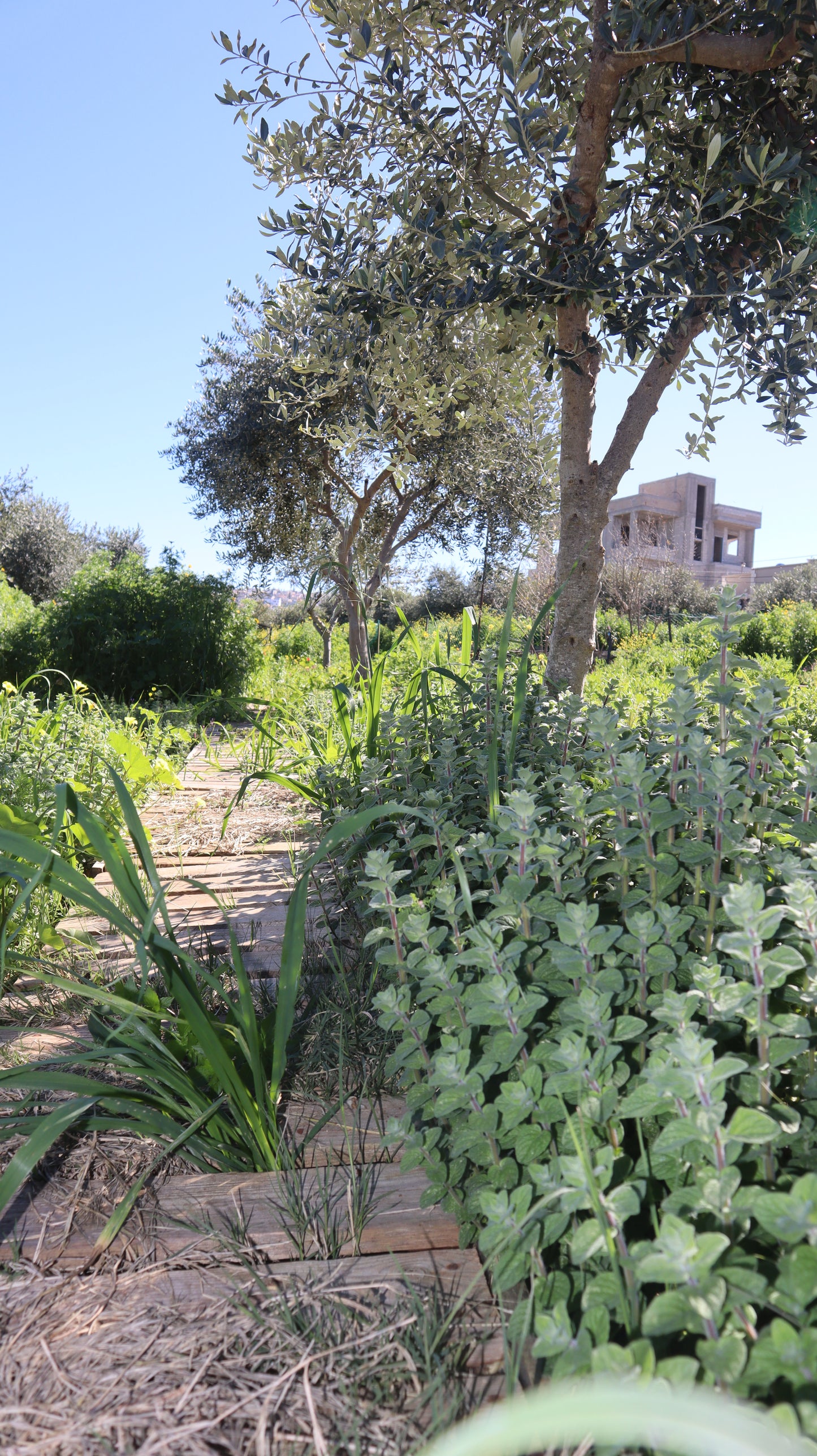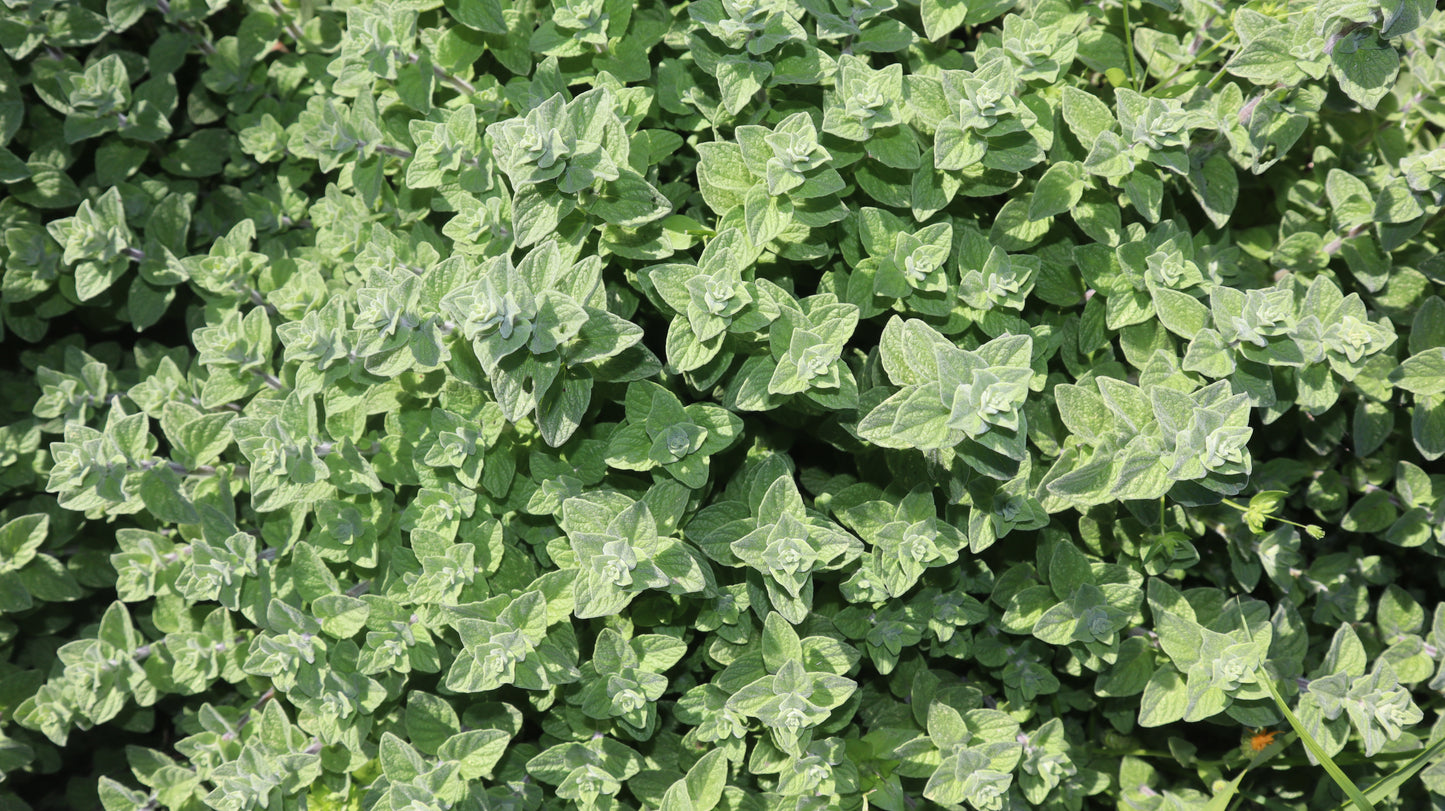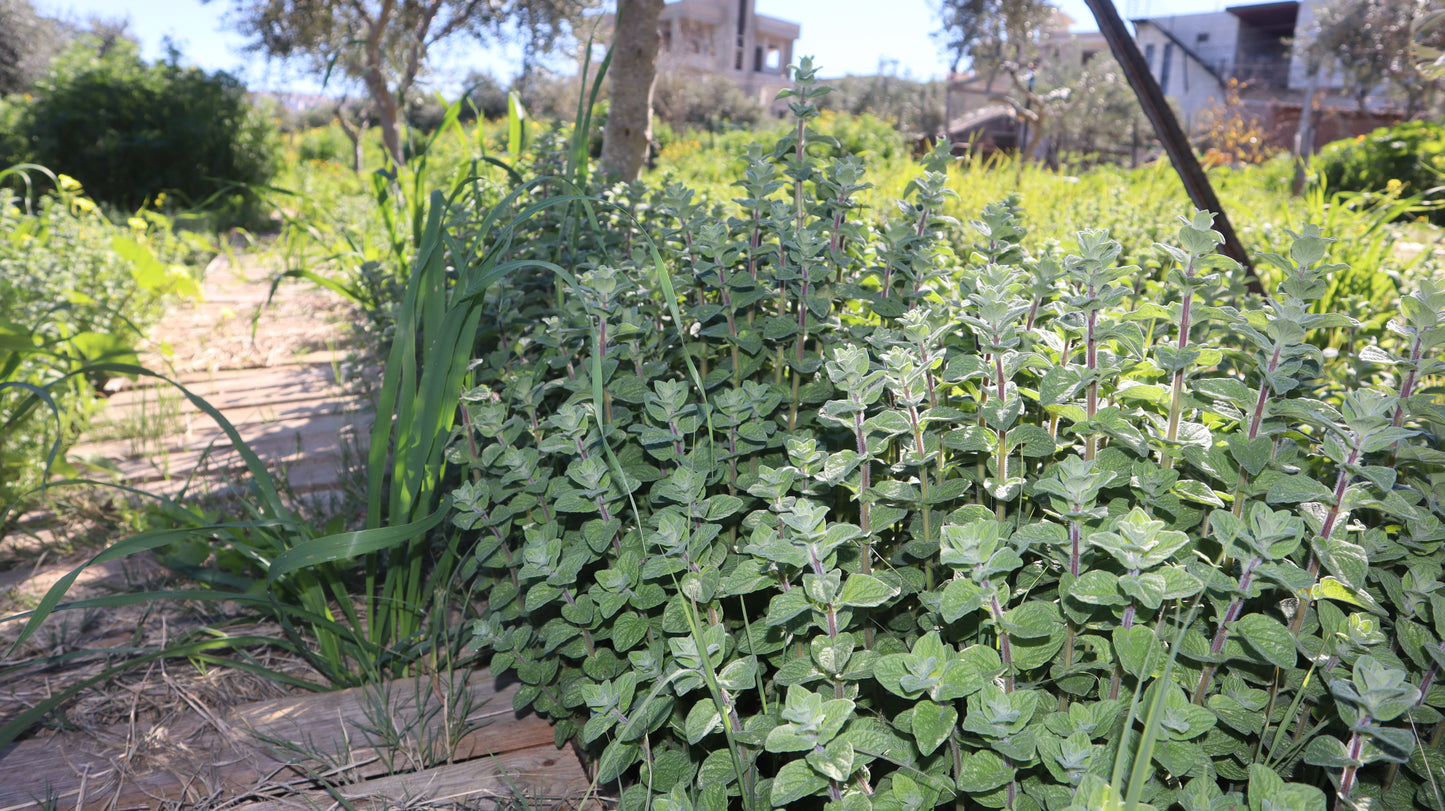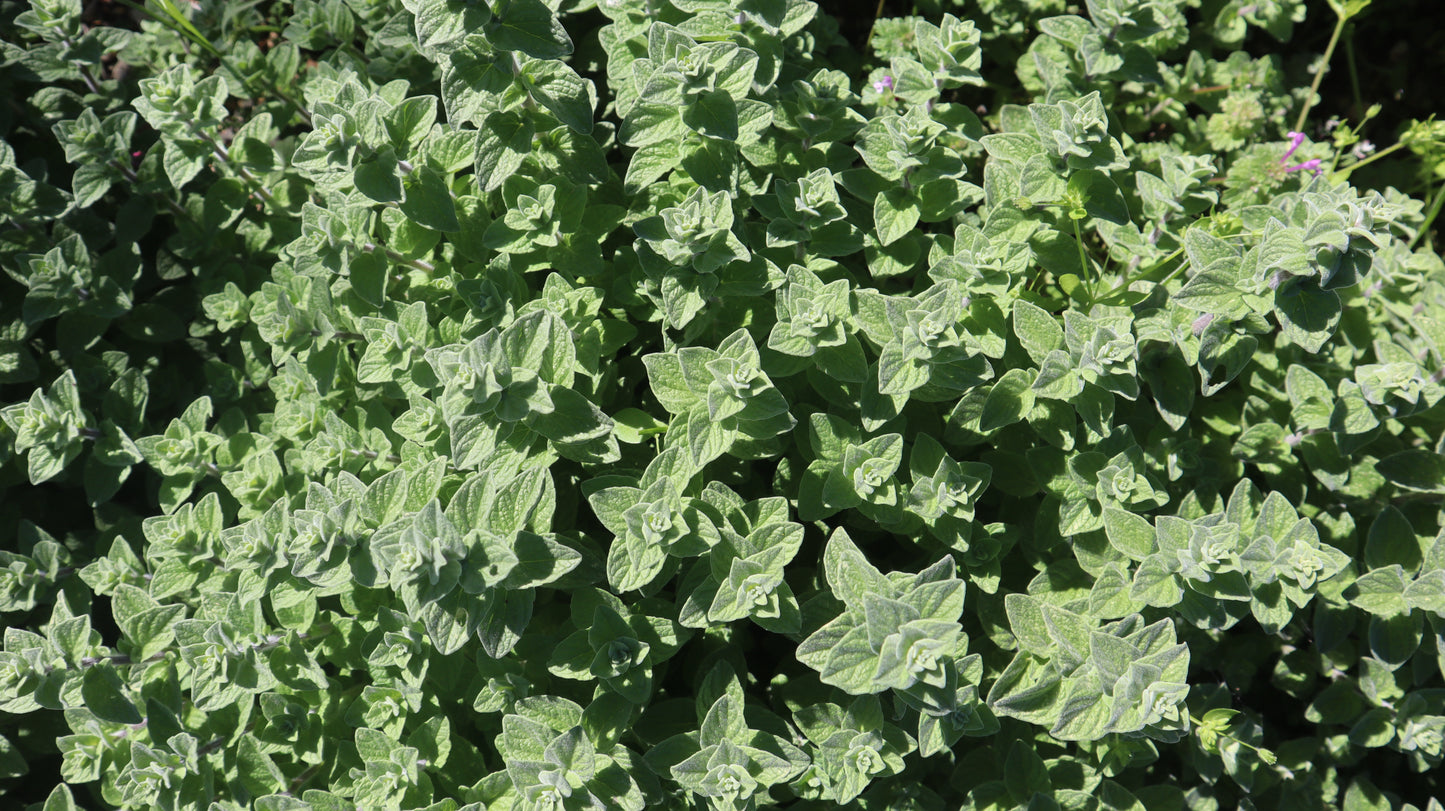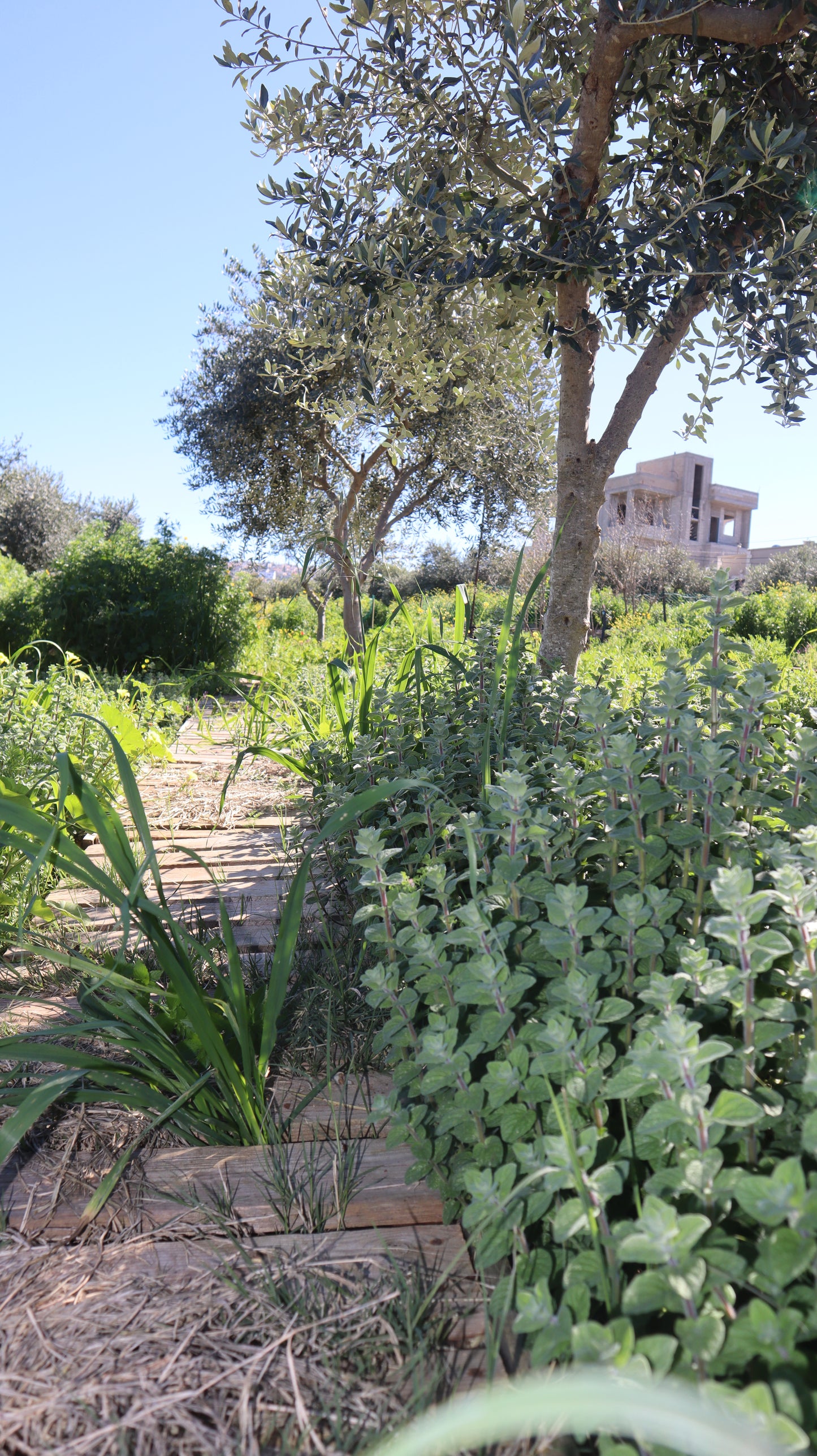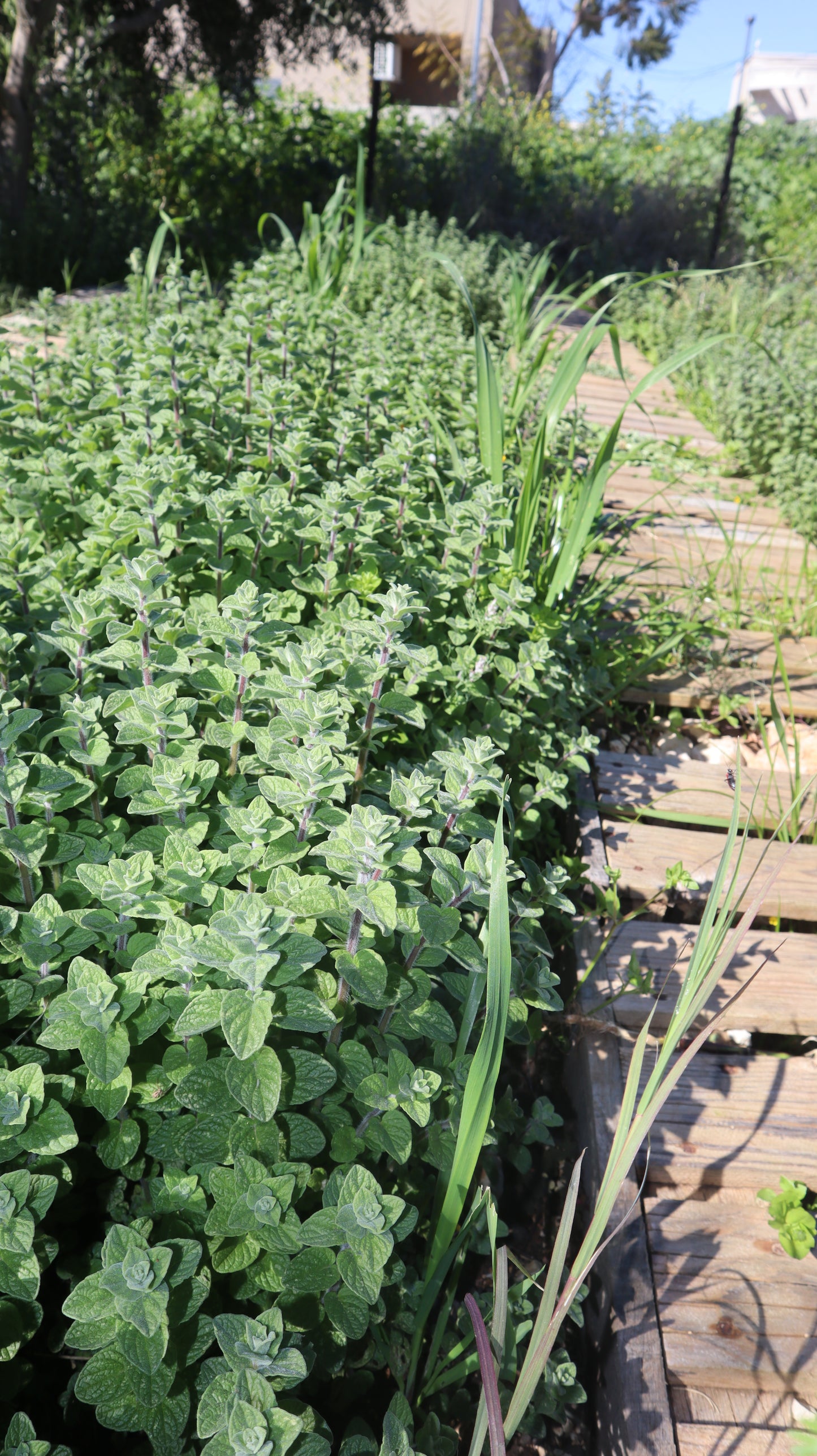benefits and cons!
Origanum syriacum, commonly known as Wild Za’atar or Syrian oregano, is a herbaceous perennial plant native to the Mediterranean region, particularly prevalent in countries like Syria, Lebanon, Israel, and Jordan. It belongs to the Lamiaceae family, which includes other well-known herbs like mint, basil, and rosemary. Wild Za’atar is renowned for its aromatic leaves, which possess a distinct flavor profile blending earthy, peppery, and slightly tangy notes. Here’s a detailed exploration of its benefits and potential drawbacks:
Benefits:
-
Culinary Uses:
- Wild Za’atar is a staple in Middle Eastern cuisine, used both fresh and dried to season a wide variety of dishes. It adds depth of flavor to salads, meats, vegetables, and dips like hummus and labneh.
- Its aromatic qualities enhance the overall taste of dishes, contributing a savory and herbal essence that is uniquely Mediterranean.
-
Medicinal Properties:
- Antioxidant Rich: Wild Za’atar is rich in antioxidants such as rosmarinic acid and thymol, which help neutralize free radicals in the body, potentially reducing oxidative stress and inflammation.
- Antimicrobial: Compounds like carvacrol and thymol exhibit antimicrobial properties, making Wild Za’atar beneficial in combating certain bacterial and fungal infections.
- Digestive Aid: Traditionally, Wild Za’atar has been used to aid digestion, alleviate symptoms of indigestion, and promote gastrointestinal health.
-
Nutritional Content:
- It is a good source of vitamins and minerals, including vitamin K, iron, calcium, manganese, and magnesium, which are essential for overall health and wellbeing.
-
Aromatic Qualities:
- Beyond its culinary and medicinal uses, Wild Za’atar is valued for its pleasant aroma, which can uplift mood and create a soothing atmosphere when used in aromatherapy or as a fragrant herb in gardens.
-
Cultural Significance:
- Wild Za’atar holds cultural significance in the Middle East, where it is often associated with hospitality, tradition, and culinary heritage. It is also used symbolically in various cultural practices and ceremonies.
Cons:
-
Allergies and Sensitivities:
- Some individuals may experience allergic reactions or sensitivities to certain compounds present in Wild Za’atar, particularly if consumed in large quantities or if there is an existing allergy to plants in the Lamiaceae family.
-
Potential Drug Interactions:
- As with many herbs and supplements, Wild Za’atar may interact with certain medications. It is advisable to consult with a healthcare professional, especially if you are taking medications for specific health conditions.
-
Cultural and Ecological Impact:
- Due to its popularity and traditional harvesting methods, Wild Za’atar populations in the wild may face ecological pressures. Sustainable harvesting practices and cultivation efforts are important to preserve this valuable herb for future generations.
-
Storage and Shelf Life:
- Like other dried herbs, Wild Za’atar should be stored properly in a cool, dry place to maintain its flavor and potency. Proper storage practices help prevent deterioration and maintain its quality over time.
In conclusion, Origanum syriacum - Wild Za’atar offers a myriad of culinary, medicinal, and cultural benefits, making it a valuable addition to both kitchens and gardens. While it boasts numerous advantages, it is important to be mindful of potential allergens, interactions with medications, and the importance of sustainable practices to ensure its continued availability and benefits for years to come.
Alwejdan Farm
Origanum syriacum - Wild Za’atar
Share
